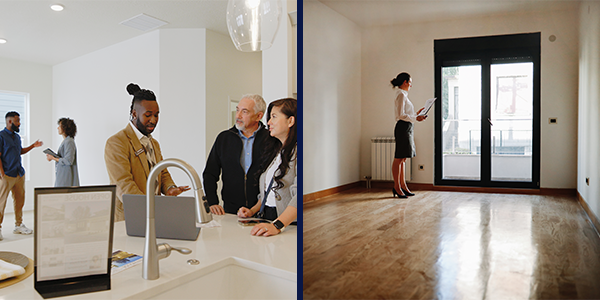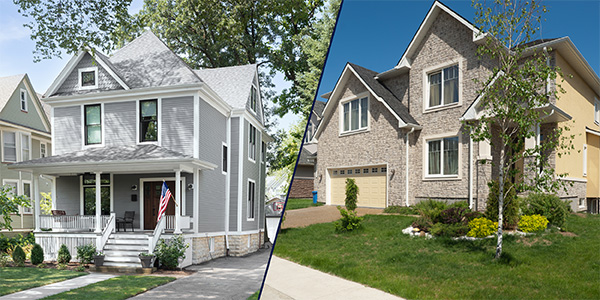Homebuyers
Everything You Need to Know About VA Home Loans, Part 1
August 16, 2016
The VA loan program was created in 1944 as a way to help veterans and active members of the U.S. military achieve the American Dream of homeownership. As Memorial Day approaches, it's a great time to say thank you to the military veterans or servicemembers in your life by making sure they know about this wonderful opportunity available. After all, these service members and women fought for our dreams, and now it's time we help theirs come true.
A VA loan does not require a down payment or private mortgage insurance (PMI).
Main Benefits of a VA Home Loan
Those who qualify for a VA loan receive a host of benefits that make this line of financing one of the most attractive options out there:
- A VA home loan is offered by private lenders but backed by the U.S. Department of Veterans Affairs. This guarantee makes lenders more willing to approve riskier borrowers, such as those with credit scores that are lower than the ideal range. In addition, the government guarantee often allows lenders to provide better loan terms, including significantly lower interest rates.
- It does not require a down payment. The borrower can receive a loan of up to 100% of the home's value.
- VA loans are accompanied by an upfront funding fee, but certain borrowers, like some disabled veterans, don't have to pay it all. Those who do have to pay the fee can wrap it up into the loan rather than pay it as cash at closing.
- There are no early exit fees or prepayment penalties.
- It can be used to purchase a wide variety of property types as well as to conduct repairs and renovations.
- It can be used to make energy-efficient upgrades.
- Even though there is no down payment, borrowers still do not have to pay private mortgage insurance. For a Conventional loan, PMI is required for anyone who puts less than 20% down.
- A VA loan can be refinanced into another VA loan or can help refinance an existing mortgage.
- Closing costs tend to be lower than they are for Conventional loans.1
Additional Benefits Based on Location
Many states provide extra advantages for those who finance a home with a VA loan. In Maryland, for example, permanent and disabled veterans do not have to pay property taxes and retired service members do not have to pay state income taxes for the first $5,000 of their retirement income.
In Arizona, disabled veterans as well as widows and widowers of veterans receive property tax exemptions. In addition, any compensation received by active-duty service members is not subject to income tax for any month the member is paid while on active duty.2
Be sure to do some research to see what additional VA benefits your state or county might offer.
Monthly Mortgage Payments: the Basic Allowance for Housing
If you are an active-duty member who is not living in government housing and has been assigned to permanent duty in one of the 50 states, you will also be entitled to receive the Basic Allowance for Housing. Not only can a BAH be used to make your monthly mortgage payments, but it also can be counted as income. This is important because it can raise your income level to help you qualify for the best loan.
Types of VA Home Loans
There are four main types of VA Home loans:
- Purchase Loan: Used to purchase a property
- Interest Rate Reduction Refinance Loan: Used to refinance one VA loan into another
- Native American Direct Loan: Used to help eligible Native American veterans either obtain low interest rates on a VA loan to purchase a home or fund renovations of properties on Federal Trust Land
- Adapted Housing Grants: Used to purchase, build, or renovate a home to accommodate a veteran's disability3
If you are eligible for a VA home loan, you will find yourself with greater flexibility in loan terms and fees, and you will also experience an increased ease in the ability to qualify for a loan.
Next: Everything You Need to Know About VA Home Loans, Part 2
Sources
1 The Mortgage Reports
2 Chicago Tribune
3 U.S. Department of Veterans Affairs





 Smart Moves Start Here.
Smart Moves Start Here.